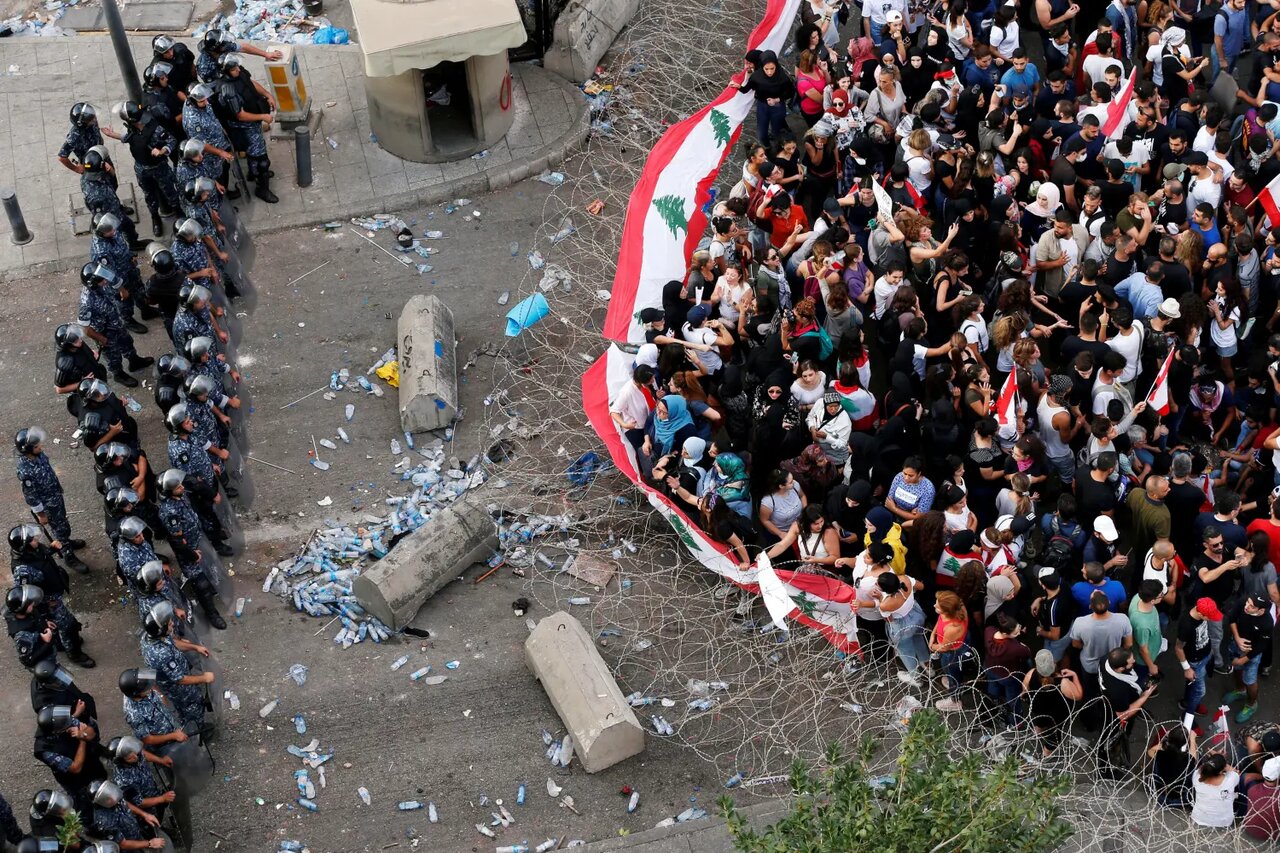The call of the Lebanese resistance to government officials

LONDON – The state officials in Lebanon have taken upon themselves the responsibility of protecting the borders of the state, defending the citizens, and preserving sovereignty.
However, did they choose to be capable of that? Did they choose to have the means to do so? Can they equip themselves with the necessary tools? Do they have the true will to do it? Are they even allowed to do so? Are they prepared to work for it if they are subjected to pressures and threats of boycott and blockade?
The Lebanese state has bound itself to alignment with the Western camp led by America, making every step in Lebanon aligned with that orientation. But is the Eastern camp not available to them? Have they not thought of dealing with it in the interest of the country, whose possibilities are blocked by the Western camp?
There are many states willing to help Lebanon fortify itself and provide what is needed without conditions. Some countries even offered, during times of war, to provide Lebanon with free military assistance to defend itself. Yet the officials and ruling structure insisted on following the Western project vision—at the expense of Lebanon’s interests, sovereignty, and violated rights.
Still, the Lebanese state can do its part in relations with Western powers, bringing the best possible for Lebanon. This includes letting the resistance do its part in confronting aggression until the enemy becomes convinced it will pay the price for any transgression. If this mission is assigned to those who have taken it upon themselves, then let them carry it out. Let there be coexistence between these two roles in a way that strengthens Lebanon’s power and role.
However, if the Lebanese state chooses to go along with pressures and dictates, is it really in its interest to strip away Lebanon’s strongest elements of power? Then who will pay attention to the country? Lebanon’s importance lies in the strength of the Resistance. The repeated comings and goings of envoys—most recently Barack, Ortagus, and Graham—and Lebanon’s presence in the circle of attention all stem from the Resistance.
Without the significance and influence of the Resistance on Lebanon and the region’s politics, it would not have received all this attention. Nor would there be such eagerness to strip it of arms. Nor would there be attempts to drag the country into civil war in order to scatter the community’s unity around the Resistance and redirect it toward other goals and choices, away from its central mission of resistance and liberation of the land.
The Lebanese state, however, is hollow, empty of all these concepts. For once, forget that the party defends the state or a sect. Assume the Resistance defends itself with its weapons. It has never interfered in internal affairs through its weapons or sought domination through them. Assume it defends itself with these weapons. Assume the decision of peace and war, the state claims it lies in its hands, not even in the hands of the Israeli enemy.
Can the Resistance then be expected to abandon the very elements of strength it uses to defend itself, making it exposed to violation, slaughter, and extermination? Who will bear responsibility if this happens? Is the state able to prevent the enemy from destroying Lebanon once it is stripped of its strength, an enemy that openly declares “Greater Israel” and the creation of a “New Middle East”? Is this not at least a possibility?
Leave a Comment